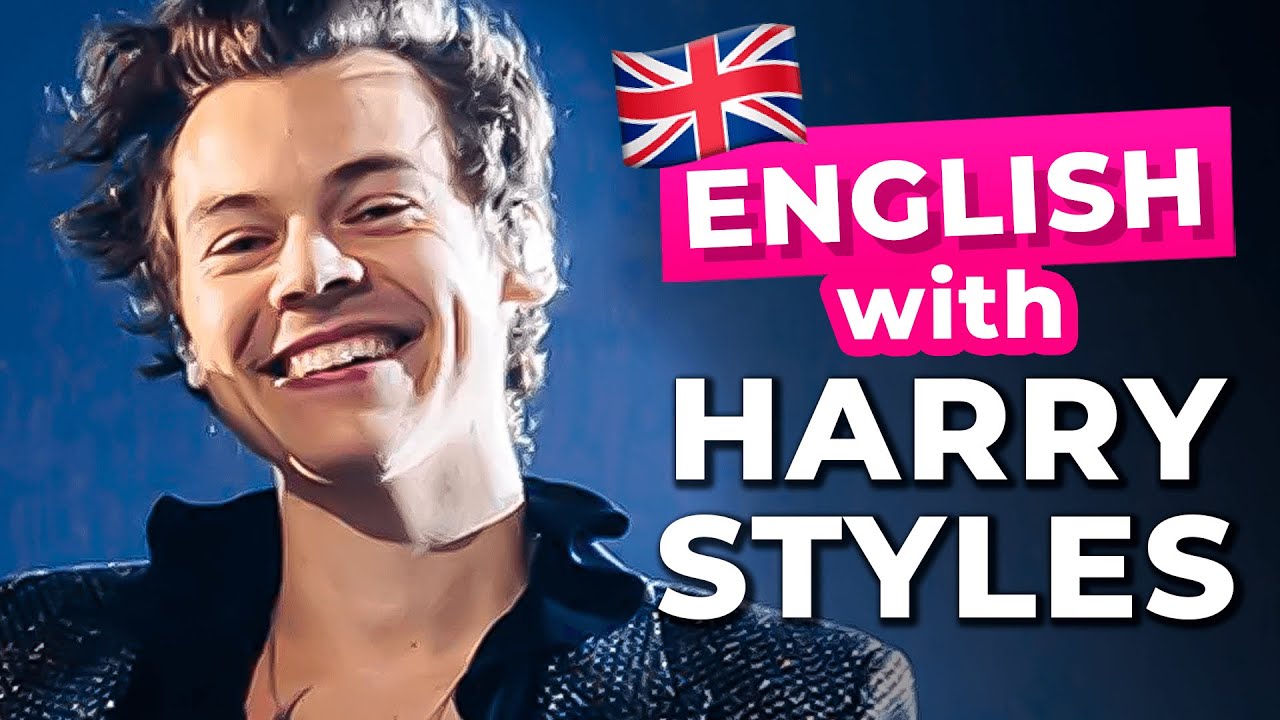How to Get a British Accent - Lesson One - "The Glottal T and the True T"
Summary
TLDRIn this video, the host introduces a new series on mastering the British (London) accent, focusing on the Glottal T and True T sounds. The Glottal T, commonly heard in words like 'water' and 'bottle', is explained as a sound made with the tongue near the throat. Viewers learn that using a mix of Glottal T and True T sounds is key to sounding natural. The host cautions against overusing the Glottal T, as it can sound informal or silly in certain words. The video emphasizes flexibility and balance in pronunciation to capture the authentic London accent.
Takeaways
- 😀 British accent in this lesson specifically refers to the London accent.
- 😀 The 'Glottal T' is a distinctive feature of the British accent, where the 'T' is often dropped or softened, as in 'water' becoming 'wa'er'.
- 😀 The Glottal T is represented as a soft sound in the throat, similar to the 'Uh-Oh' sound.
- 😀 Common words that feature the Glottal T include 'bottle' (bo'le), 'button' (bu'on), and 'great' (grea').
- 😀 The Glottal T is often used with words ending in 'T', such as 'but' (bu'), 'it' (i'), and 'that' (tha').
- 😀 Contractions of 'not' also feature the Glottal T, such as 'can't' (can'), 'couldn't' (couldn'), 'don't' (don'), etc.
- 😀 Using the Glottal T for every 'T' sound can sound informal or exaggerated, so it’s important to mix in the 'True T' for a more natural flow.
- 😀 A natural mix of Glottal T and True T in a sentence is key. For example, 'A little bit' might sound more natural as 'A li'le bit'.
- 😀 Certain words, like 'mountain' and 'hotel', should never use the Glottal T, as it sounds awkward or 'horrible'.
- 😀 The key to mastering the British accent is using a mix of both the Glottal T and True T, depending on the word and context.
Q & A
What is the main focus of the video lesson?
-The main focus of the video lesson is to teach viewers how to pronounce the British accent, specifically the Glottal T and True T sounds, using examples from common words like 'water' and 'button.'
Why does the speaker focus on the London accent specifically?
-The speaker focuses on the London accent because it is their own accent, and also as a point of reference to demonstrate how a British accent is typically heard, especially in popular culture like 'Harry Potter.'
What is a Glottal T sound?
-The Glottal T sound occurs when the 'T' in a word, such as 'water' or 'bottle,' is not pronounced with a clear 'T' sound. Instead, it is produced by a slight constriction in the throat, making it sound more like a soft pause or a quick release, often represented by an apostrophe (e.g., 'wa'er').
Can you give an example of words where the Glottal T is used?
-Examples of words where the Glottal T is commonly used include 'water' (wa'er), 'bottle' (bo'le), 'button' (bu'on), and 'great' (grea').
Is the Glottal T used in every word with a 'T'?
-No, the Glottal T is not used in every word with a 'T.' It is most common in words that end with a 'T,' but it's not universal and should be mixed with the True T for a more natural sound.
What is the True T sound?
-The True T sound is the standard pronunciation of the 'T' as you would expect in words like 'water' or 'bottle' in many non-British English accents. It is a clear, distinct 'T' sound.
How should you mix the Glottal T and the True T in speech?
-To sound more natural, you should mix the Glottal T and the True T in sentences. For example, in a phrase like 'a little bit,' you could pronounce both Ts, or use one Glottal T and a True T. Overuse of either sound can make speech sound unnatural.
Are there any situations where you should never use the Glottal T?
-Yes, there are some words where using the Glottal T sounds unnatural or 'stupid.' For example, words like 'mountain' and 'hotel' should not use the Glottal T; saying 'moun'ain' or 'ho'el' is incorrect and sounds unpleasant.
What is a common mistake when using the Glottal T excessively?
-A common mistake when using the Glottal T excessively is that it can make speech sound overly informal or forced. Overuse of the Glottal T in every word can make you sound unnatural or 'stupid.'
Why does the speaker say Harry Potter wouldn't sound as cool if he were from Manchester?
-The speaker makes this comment humorously to emphasize that the London accent (which is often associated with the 'cool' image of characters like Harry Potter) is more culturally popular than other regional accents like Manchester, which would give a different impression of the character.
Outlines

此内容仅限付费用户访问。 请升级后访问。
立即升级Mindmap

此内容仅限付费用户访问。 请升级后访问。
立即升级Keywords

此内容仅限付费用户访问。 请升级后访问。
立即升级Highlights

此内容仅限付费用户访问。 请升级后访问。
立即升级Transcripts

此内容仅限付费用户访问。 请升级后访问。
立即升级浏览更多相关视频

How to Improve Your British Accent in 20 Minutes! (Standard English Accent)

How To Speak English Like Harry Styles

Learn American Accent Fast.

American Accent Training for Indian Speakers - Accent Reduction Classes

Why William and Harry's accents are so different from King Charles's

The Irish Accent - Dublin | How to Understand it and do it!
5.0 / 5 (0 votes)
